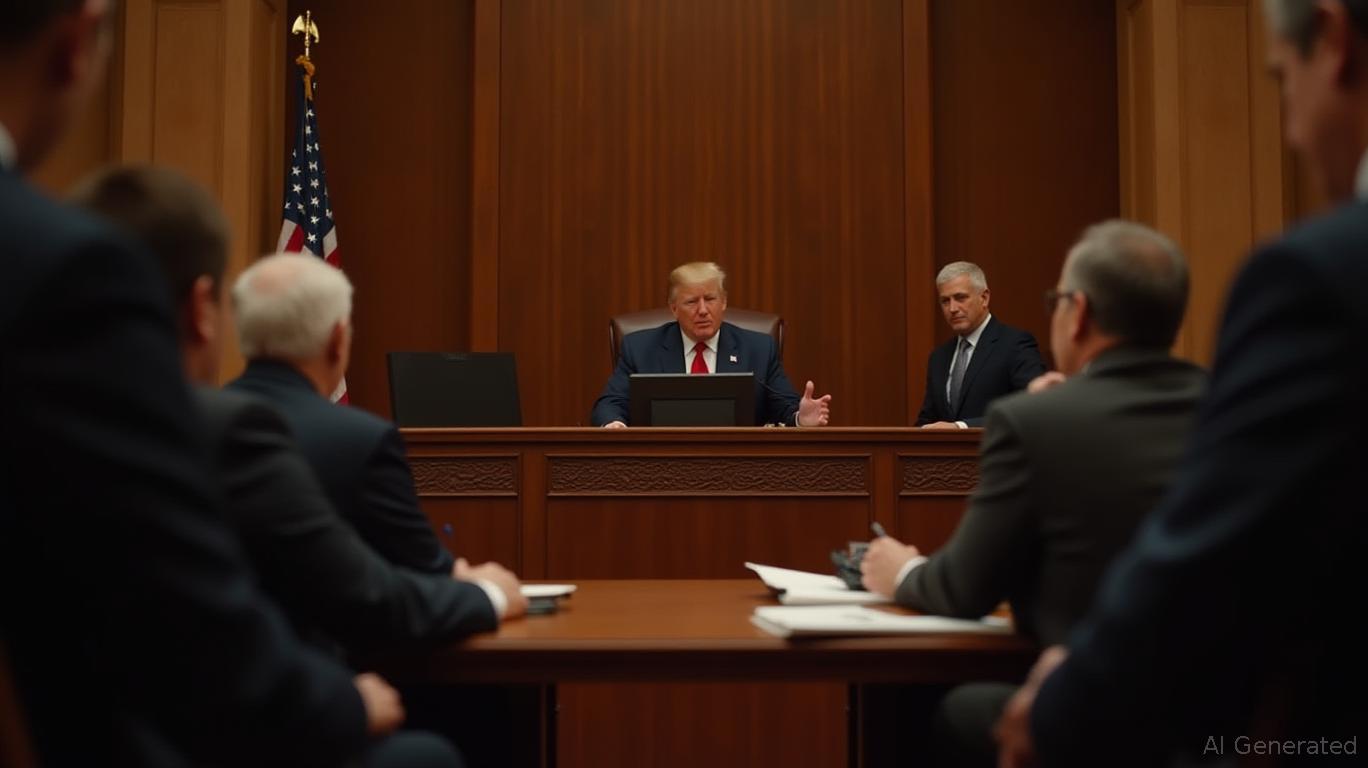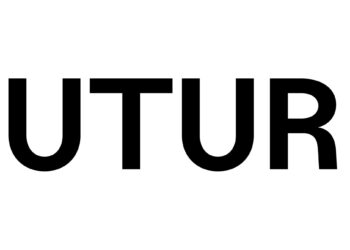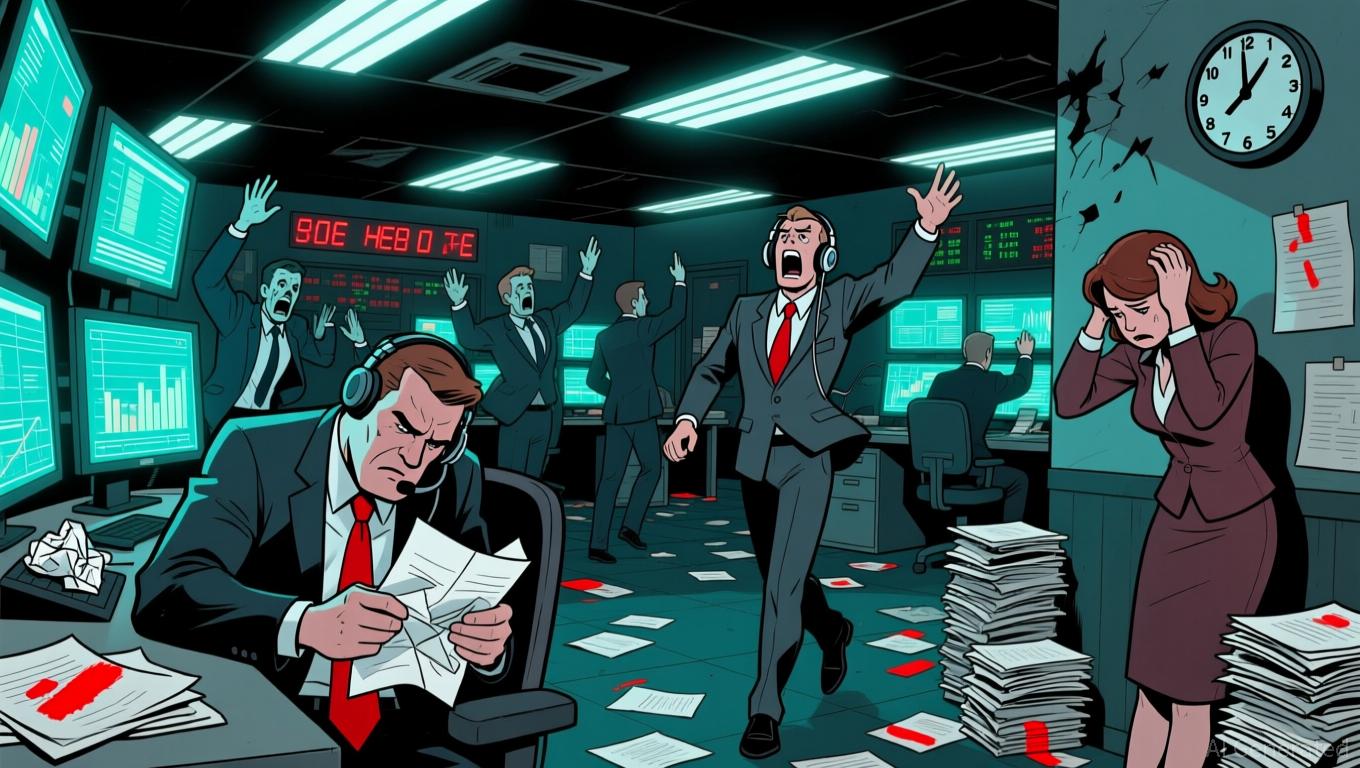Supreme Court Decision on Tariffs May Require $140 Billion in Refunds and Prompt Federal Reserve to Lower Rates
- UBS warns a Supreme Court ruling against Trump's tariffs could force $140B refunds, straining U.S. fiscal resources and prompting potential Fed rate cuts. - The refunds stem from 39% Swiss tariffs deemed potentially unlawful, with fiscal impact equivalent to 7.9% of 2025's projected budget deficit. - Legal challenges highlight executive overreach risks, while reduced tariffs could boost consumer spending and ease inflation, creating room for Fed easing. - Swiss business leaders have lobbied Trump to lowe
UBS Group AG has cautioned that if the Supreme Court rules against former President Donald Trump’s prominent tariff measures, the U.S. government may be compelled to return $140 billion in tariffs, putting pressure on federal finances and potentially paving the way for the Federal Reserve to lower interest rates. The Swiss financial institution’s recent
The possible repayments are linked to ongoing lawsuits challenging Trump’s 39% tariffs on Swiss imports—the steepest among developed nations—as well as similar duties targeting other countries. Should the court find these tariffs illegal, the U.S. Treasury would be required to issue substantial refunds, amounting to 7.9% of the projected 2025 federal deficit, according to the

The fiscal consequences could encourage the Fed to adopt a more accommodative stance. UBS suggests that if tariffs are lowered following a court decision, American consumers would see increased purchasing power, inflation would ease, and the central bank would have more scope to cut rates. "This scenario would allow the Fed to move toward policy normalization without the risk of runaway inflation," UBS notes. This view is consistent with market sentiment, as investors are already expecting a rate reduction in December, with additional cuts likely in 2026, according to a
The legal dispute over tariffs has escalated as the Supreme Court considers whether the Trump administration exceeded its powers under the International Emergency Economic Powers Act. A
UBS also points out that the overall market effect of tariff refunds would be modest. While importers might benefit from lower expenses, these gains are unlikely to meaningfully impact S&P 500 profit forecasts, since tariffs have not been a major drag on corporate earnings, the bank observes. UBS expects that if trading partners avoid retaliatory actions, the U.S. economy would remain stable and equity markets would likely react positively to reduced trade friction.
Nonetheless, the Fed’s willingness to cut rates will depend on the broader economic environment. Officials from the Trump administration, including Treasury Secretary Scott Bessent, have warned of possible recession risks and urged the Fed to act swiftly, as reported by the
With legal and economic factors intersecting, UBS’s analysis frames the potential rollback of Trump-era tariffs as a turning point for U.S. fiscal and monetary strategy. The decision could reshape trade policy and provide the Fed with an opportunity to adjust its approach in the wake of the pandemic.
Disclaimer: The content of this article solely reflects the author's opinion and does not represent the platform in any capacity. This article is not intended to serve as a reference for making investment decisions.
You may also like
FUTURE Holdings Raises CHF 28 Million to Cement Switzerland’s Role in Institutional Bitcoin Finance

Senator Lummis Pushes for U.S. Strategic Bitcoin Reserve to Tackle Soaring National Debt

Bitcoin Updates: 2028 or 2035? The Ongoing Quantum Era Discussion on Bitcoin’s Longevity
- Experts warn Bitcoin's ECC-256 encryption could be cracked by quantum computers by March 2028, per the Quantum Doomsday Clock's 2.3-year threshold projection. - Breaking Bitcoin's cryptography requires 1,673 logical qubits, achievable through exponential qubit growth and error-rate improvements by 2027-2028. - Industry responses include BTQ's quantum-safe Bitcoin implementation and IBM's 2029 fault-tolerant quantum computer, while governments advocate 2035 migration timelines. - The timeline debate highl
Bitcoin Latest Updates: Leveraged Trading and Trump’s Policies Drive Crypto’s $455M Downturn
- Crypto market turbulence caused $455M in losses for seven HyperLiquid traders via leveraged bets, with $1.65B liquidation volumes in 24 hours. - Prominent traders like Machi Big Brother and James Wynn suffered massive account collapses amid rapid price swings and 20x leverage strategies. - Trump's "Bitcoin superpower" agenda, including seized crypto reserves and tariff policy debates, added regulatory uncertainty to already volatile markets. - Experts warn extreme leverage risks account blowouts, urging
